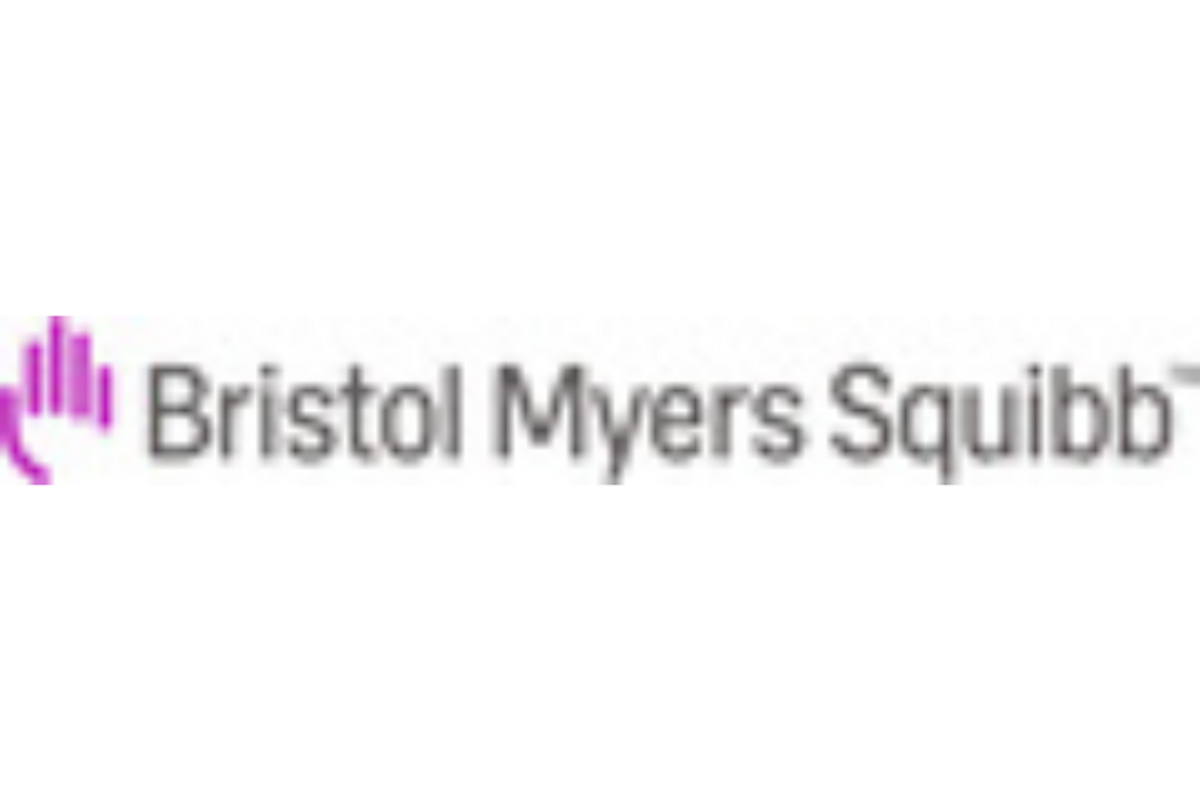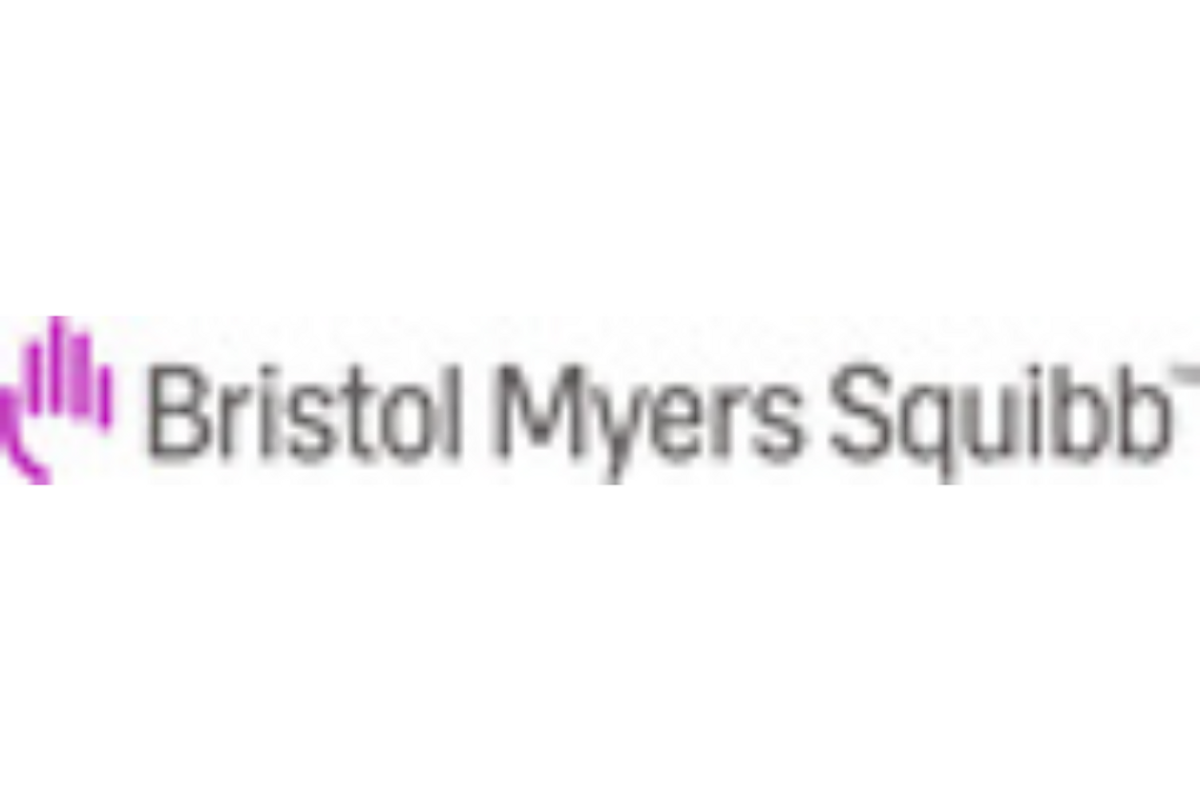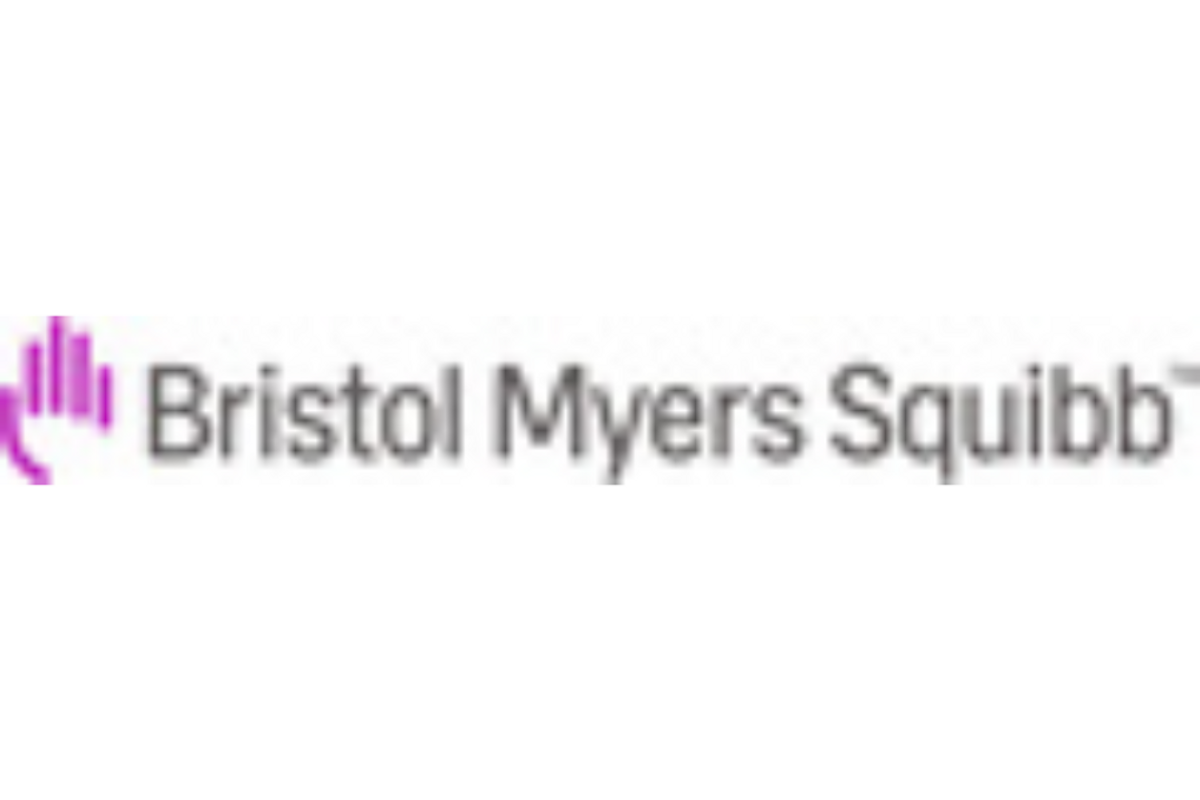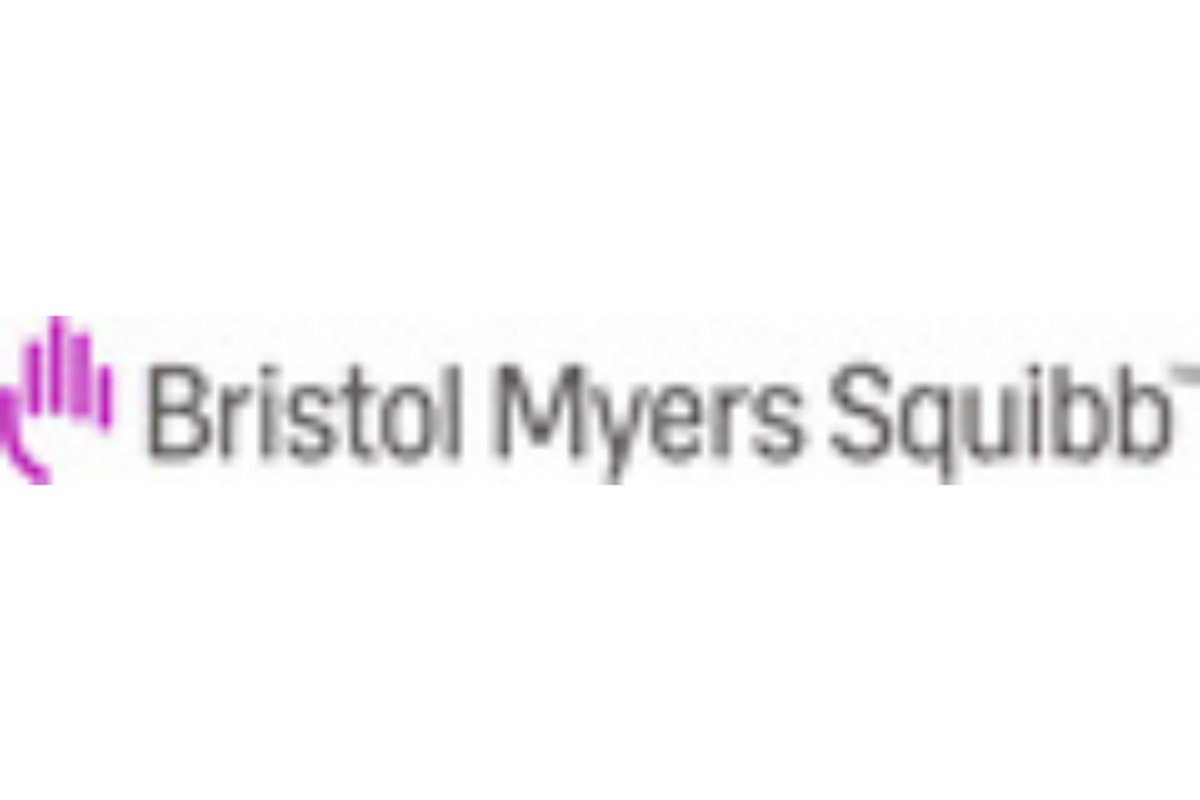Eliquis Offered to Cash-Paying Patients at More Than 40% Discount to Current List Price, Sotyktu at More Than 80% Discount to Current List Price
Bristol Myers Squibb (NYSE: BMY) today announced an expansion of its direct-to-patient offerings, providing eligible U.S. patients with steeply discounted prices for Eliquis ® (apixaban) and Sotyktu ® (deucravacitinib). Eligible cash-pay patients can now purchase these medicines directly from BMS and significantly lower their out-of-pocket costs.
Beginning January 2026, Sotyktu, BMS' medicine for moderate-to-severe plaque psoriasis, will be offered through the new BMS Patient Connect platform, which follows the launch of our Bristol Myers Squibb-Pfizer Alliance program for Eliquis ® (apixaban) earlier this month. The platform will offer Sotyktu at more than 80% less than the current list price.
�We are proud to now offer Sotyktu at a lower price via BMS Patient Connect our new direct-to-patient platform designed to make our innovative medicines more accessible and affordable for patients living with serious conditions," said Christopher Boerner, Ph.D. board chair and CEO of Bristol Myers Squibb. "We are taking a leading role in removing barriers, providing transparency and lowering out-of-pocket costs so patients in the United States can get the treatments they need delivered directly to their door, wherever they are in the country."
Eligible cash-pay U.S. patients with a Sotyktu prescription will be able to purchase the medicine via BMS Patient Connect with access to shipping across all 50 states and Puerto Rico and with full transparency into the costs of their medicines – providing a direct, simplified access option. BMS Patient Connect will also provide patient support resources and allow for the addition of other BMS medicines that are appropriate for this model in the future.
Sotyktu is an oral prescription medication that is used to treat moderate-to-severe plaque psoriasis in adults who may benefit from systemic therapy (pills or injections that work inside the body) or phototherapy (treatment using specialized ultraviolet or UV light). A first-in-class medicine, Sotyktu is the first tyrosine kinase 2 (TYK2) inhibitor worldwide.
Eliquis U.S. Indications and Important Safety Information
Indications
ELIQUIS is a prescription medicine used in adults to:
- Reduce the risk of stroke and blood clots in people who have atrial fibrillation (AFib), a type of irregular heartbeat, not caused by a heart valve problem
- Treat blood clots in the veins of the legs (deep vein thrombosis – DVT) or lungs (pulmonary embolism – PE), and reduce the risk of them occurring again after receiving treatment for blood clots
- Help prevent a blood clot in the legs (DVT) and lungs (PE) of people who have just had hip or knee replacement surgery
Important Safety Information
ELIQUIS is a prescription medicine used in children from birth and older to treat blood clots in the veins of the legs and lungs (venous thromboembolism) after at least 5 days of initial coagulant treatment, and reduce the risk of them occurring again. ELIQUIS was not studied and is not recommended in children who weigh less than 5.7 pounds (2.6 kg).
ELIQUIS may cause serious side effects, including:
- Increased risk of blood clots if you stop taking ELIQUIS. ELIQUIS lowers your chance of having a stroke by helping to prevent clots from forming. Do not stop taking ELIQUIS without talking to the healthcare provider who prescribed it for you. Stopping ELIQUIS increases your risk of having a stroke.
ELIQUIS may need to be stopped prior to surgery or a medical or dental procedure. Your healthcare provider will tell you when you should stop taking ELIQUIS and when you may start taking it again. If you have to stop taking ELIQUIS, your healthcare provider may prescribe another medicine to help prevent a blood clot from forming. - ELIQUIS can cause bleeding, which can be serious, and may lead to death. This is because ELIQUIS is a blood thinner medicine that reduces blood clotting.
You may have a higher risk of bleeding if you take ELIQUIS and take other medicines that increase your risk of bleeding, such as aspirin, nonsteroidal anti-inflammatory drugs (called NSAIDs), warfarin, heparin, clopidogrel, selective serotonin reuptake inhibitors (SSRIs) or serotonin norepinephrine reuptake inhibitors (SNRIs), and other medicines to help prevent or treat blood clots.
Tell your healthcare provider about all the medicines you or your child take, including any over-the-counter medicines, vitamins, and herbal supplements.
While taking ELIQUIS, you may bruise more easily and it may take longer than usual for any bleeding to stop.
Call your healthcare provider or get medical help right away if you or your child have any of these signs or symptoms of bleeding when taking ELIQUIS:
- unexpected bleeding or bruising, or bleeding that lasts a long time, such as unusual bleeding from the gums, nose bleeds that happen often, or menstrual or vaginal bleeding that is heavier than normal
- bleeding that is severe or you cannot control
- red, pink, or brown urine; red or black stools (looks like tar)
- coughing up or vomiting blood or vomit that looks like "coffee grounds"
- unexpected pain, swelling, or joint pain
- headaches, or feeling dizzy or weak
- Spinal or epidural blood clots (hematoma). People who take ELIQUIS, and have medicine injected into their spinal and epidural area, or have a spinal puncture have a risk of forming a blood clot that can cause long-term or permanent loss of the ability to move (paralysis). Your risk of developing a spinal or epidural blood clot is higher if:
- a thin tube called an epidural catheter is placed in your back to give you certain medicine
- you take NSAIDs or a medicine to prevent blood from clotting
- you have a history of difficult or repeated epidural or spinal punctures
- you have a history of problems with your spine or have had surgery on your spine
If you take ELIQUIS and receive spinal anesthesia or have a spinal puncture, your healthcare provider should watch you closely for symptoms of spinal or epidural blood clots or bleeding. Tell your healthcare provider or get medical help right away if you have back pain, tingling, numbness, or muscle weakness, especially in your legs and feet, or loss of control of the bowels or bladder (incontinence).
- ELIQUIS is not for use in people with artificial heart valves.
- ELIQUIS is not for use in people with antiphospholipid syndrome (APS), especially with positive triple antibody testing.
Do not take ELIQUIS if you or your child currently have certain types of abnormal bleeding or have had a severe allergic reaction to ELIQUIS or any of the ingredients.
Before taking ELIQUIS, tell your healthcare provider about all your medical conditions, including if you or your child have or ever had bleeding problems, have kidney or liver problems, or have antiphospholipid syndrome. Tell your healthcare provider right away if you are pregnant or breastfeeding, or plan to become pregnant or breastfeed. Taking ELIQUIS during pregnancy may increase the risk of bleeding in you or in your unborn baby. Do not breastfeed during treatment with ELIQUIS. Females who are able to become pregnant: talk with your healthcare provider about pregnancy planning, and your risk of severe uterine bleeding if you are treated with ELIQUIS.
Take ELIQUIS exactly as prescribed by your healthcare provider. Take ELIQUIS twice every day, and do not change your dose or stop taking it unless your healthcare provider tells you to. If you or your child misses a dose of ELIQUIS, take it as soon as you remember on the same day, and do not take 2 doses at the same time to make up for a missed dose. Do not stop taking ELIQUIS without first talking with your healthcare provider. Do not run out of ELIQUIS. Refill your prescription before you run out. When leaving the hospital following hip or knee replacement, be sure that you will have ELIQUIS available to avoid missing any doses.
For children who take ELIQUIS, see the detailed Instructions for Use on how to prepare and give a dose of ELIQUIS. Always give ELIQUIS exactly as your child's healthcare provider or pharmacist has told you. Do not change your child's dose without talking with the healthcare provider. If a child vomits or spits up within 30 minutes after taking ELIQUIS, repeat the dose. If a child vomits or spits up more than 30 minutes after taking ELIQUIS, do not repeat the dose. Contact the healthcare provider if your child repeatedly vomits or spits up after taking ELIQUIS.
The most common side effect of ELIQUIS in adults was bleeding.
The most common side effects of ELIQUIS in children include headache, vomiting, and heavy menstrual bleeding.
Please see U.S. Full Prescribing Information , including Boxed WARNINGS , and Medication Guide .
Sotyktu U.S. Indications and Important Safety Information
INDICATION
SOTYKTU ® (deucravacitinib) is indicated for the treatment of moderate-to-severe plaque psoriasis in adults who are candidates for systemic therapy or phototherapy.
Limitations of Use:
SOTYKTU is not recommended for use in combination with other potent immunosuppressants.
IMPORTANT SAFETY INFORMATION CONTRAINDICATIONS
SOTYKTU is contraindicated in patients with a history of hypersensitivity reaction to deucravacitinib or to any of the excipients in SOTYKTU.
WARNINGS AND PRECAUTIONS
Hypersensitivity: Hypersensitivity reactions such as angioedema have been reported. If a clinically significant hypersensitivity reaction occurs, institute appropriate therapy and discontinue SOTYKTU.
Infections: SOTYKTU may increase the risk of infections. Serious infections have been reported in patients with psoriasis who received SOTYKTU. The most common serious infections reported with SOTYKTU included pneumonia and COVID-19. Avoid use of SOTYKTU in patients with an active or serious infection. Consider the risks and benefits of treatment prior to initiating
SOTYKTU in patients:
- with chronic or recurrent infection
- who have been exposed to tuberculosis
- with a history of a serious or an opportunistic infection
- with underlying conditions that may predispose them to infection.
Closely monitor patients for the development of signs and symptoms of infection during and after treatment. A patient who develops a new infection during treatment should undergo prompt and complete diagnostic testing, have appropriate antimicrobial therapy initiated and be closely monitored. Interrupt SOTYKTU if a patient develops a serious infection. Do not resume SOTYKTU until the infection resolves or is adequately treated.
Viral Reactivation
Herpes virus reactivation (e.g., herpes zoster, herpes simplex) was reported in clinical trials with SOTYKTU. Through Week 16, herpes simplex infections were reported in 17 patients (6.8 per 100 patient-years) treated with SOTYKTU, and 1 patient (0.8 per 100 patient-years) treated with placebo. Multidermatomal herpes zoster was reported in an immunocompetent patient. During PSO-1, PSO-2, and the open-label extension trial, the majority of patients who reported events of herpes zoster while receiving SOTYKTU were under 50 years of age. The impact of SOTYKTU on chronic viral hepatitis reactivation is unknown. Consider viral hepatitis screening and monitoring for reactivation in accordance with clinical guidelines before starting and during therapy with SOTYKTU. If signs of reactivation occur, consult a hepatitis specialist. SOTYKTU is not recommended for use in patients with active hepatitis B or hepatitis C.
Tuberculosis (TB): In clinical trials, of 4 patients with latent TB who were treated with SOTYKTU and received appropriate TB prophylaxis, no patients developed active TB (during the mean follow-up of 34 weeks). One patient, who did not have latent TB, developed active TB after receiving 54 weeks of SOTYKTU. Evaluate patients for latent and active TB infection prior to initiating treatment with SOTYKTU. Do not administer SOTYKTU to patients with active TB. Initiate treatment of latent TB prior to administering SOTYKTU. Consider anti-TB therapy prior to initiation of SOTYKTU in patients with a past history of latent or active TB in whom an adequate course of treatment cannot be confirmed. Monitor patients for signs and symptoms of active TB during treatment.
Malignancy including Lymphomas: Malignancies, including lymphomas, were observed in clinical trials with SOTYKTU. Consider the benefits and risks for the individual patient prior to initiating or continuing therapy with SOTYKTU, particularly in patients with a known malignancy (other than a successfully treated non-melanoma skin cancer) and patients who develop a malignancy when on treatment with SOTYKTU.
Rhabdomyolysis and Elevated CPK: Treatment with SOTYKTU was associated with an increased incidence of asymptomatic creatine phosphokinase (CPK) elevation and rhabdomyolysis compared to placebo.
Discontinue SOTYKTU if markedly elevated CPK levels occur or myopathy is diagnosed or suspected. Instruct patients to promptly report unexplained muscle pain, tenderness or weakness, particularly if accompanied by malaise or fever.
Laboratory Abnormalities: Treatment with SOTYKTU was associated with increases in triglyceride levels. Periodically evaluate serum triglycerides according to clinical guidelines during treatment. SOTYKTU treatment was associated with an increase in the incidence of liver enzyme elevation compared to placebo. Evaluate liver enzymes at baseline and thereafter in patients with known or suspected liver disease according to routine management. If treatment-related increases in liver enzymes occur and drug-induced liver injury is suspected, interrupt SOTYKTU until a diagnosis of liver injury is excluded.
Immunizations: Prior to initiating therapy with SOTYKTU, consider completion of all age-appropriate immunizations according to current immunization guidelines including prophylactic herpes zoster vaccination. Avoid use of live vaccines in patients treated with SOTYKTU. The response to live or non-live vaccines has not been evaluated.
Potential Risks Related to JAK Inhibition: It is not known whether tyrosine kinase 2 (TYK2) inhibition may be associated with the observed or potential adverse reactions of Janus Kinase (JAK) inhibition. In a large, randomized, postmarketing safety trial of a JAK inhibitor in rheumatoid arthritis (RA), patients 50 years of age and older with at least one cardiovascular risk factor, higher rates of all-cause mortality, including sudden cardiovascular death, major adverse cardiovascular events, overall thrombosis, deep venous thrombosis, pulmonary embolism, and malignancies (excluding non-melanoma skin cancer) were observed in patients treated with the JAK inhibitor compared to those treated with TNF blockers. SOTYKTU is not approved for use in RA.
ADVERSE REACTIONS
Most common adverse reactions (≥1% of patients on SOTYKTU and more frequently than with placebo) include upper respiratory infections, blood creatine phosphokinase increased, herpes simplex, mouth ulcers, folliculitis and acne.
SPECIFIC POPULATIONS
Pregnancy: Available data from case reports on SOTYKTU use during pregnancy are insufficient to evaluate a drug-associated risk of major birth defects, miscarriage, or adverse maternal or fetal outcomes. Report pregnancies to the Bristol Myers Squibb Company's Adverse Event reporting line at 1-800-721-5072.
Lactation: There are no data on the presence of SOTYKTU in human milk, the effects on the breastfed infant, or the effects on milk production. SOTYKTU is present in rat milk. When a drug is present in animal milk, it is likely that the drug will be present in human milk. The developmental and health benefits of breastfeeding should be considered along with the mother's clinical need for SOTYKTU and any potential adverse effects on the breastfed infant from SOTYKTU or from the underlying maternal condition.
Hepatic Impairment: SOTYKTU is not recommended for use in patients with severe hepatic impairment.
SOTYKTU is available in 6 mg tablets.
Please see U.S. Full Prescribing Information , including Medication Guide , for SOTYKTU.
About Bristol Myers Squibb: Transforming Patients' Lives Through Science
At Bristol Myers Squibb, our mission is to discover, develop and deliver innovative medicines that help patients prevail over serious diseases. We are pursuing bold science to define what's possible for the future of medicine and the patients we serve. For more information, visit us at BMS.com and follow us on LinkedIn , X , YouTube , Facebook and Instagram .
BMS Cautionary Statement Regarding Forward-Looking Statements
This press release contains "forward-looking statements" within the meaning of the Private Securities Litigation Reform Act of 1995 regarding, among other things, the research, development and commercialization of pharmaceutical products. All statements that are not statements of historical facts are, or may be deemed to be, forward-looking statements. Such forward-looking statements are based on current expectations and projections about our future financial results, goals, plans and objectives and involve inherent risks, assumptions and uncertainties, including internal or external factors that could delay, divert or change any of them in the next several years, that are difficult to predict, may be beyond our control and could cause our future financial results, goals, plans and objectives to differ materially from those expressed in, or implied by, the statements. These risks, assumptions, uncertainties and other factors include, among others, that the expected benefits of the BMS Patient Connect platform may not be realized by Bristol Myers Squibb with respect to Sotyktu or any of our other medicines. No forward-looking statement can be guaranteed. Forward-looking statements in this press release should be evaluated together with the many risks and uncertainties that affect Bristol Myers Squibb's business and market, particularly those identified in the cautionary statement and risk factors discussion in Bristol Myers Squibb's Annual Report on Form 10-K for the year ended December 31, 2024, as updated by our subsequent Quarterly Reports on Form 10-Q, Current Reports on Form 8-K and other filings with the Securities and Exchange Commission. The forward-looking statements included in this document are made only as of the date of this document and except as otherwise required by applicable law, Bristol Myers Squibb undertakes no obligation to publicly update or revise any forward-looking statement, whether as a result of new information, future events, changed circumstances or otherwise.
corporatefinancial-news
View source version on businesswire.com: https://www.businesswire.com/news/home/20250925233991/en/
Bristol Myers Squibb
Media Inquiries:
media@bms.com
Investors:
investor.relations@bms.com



